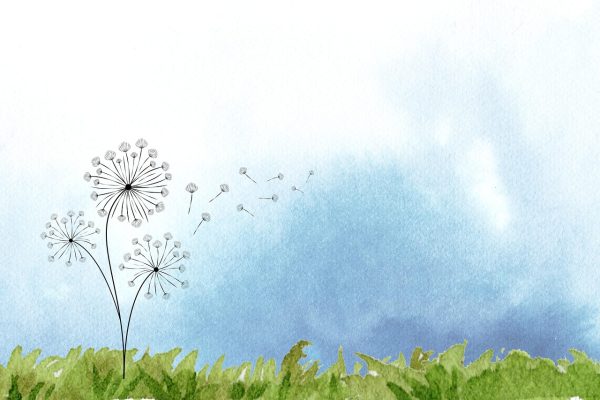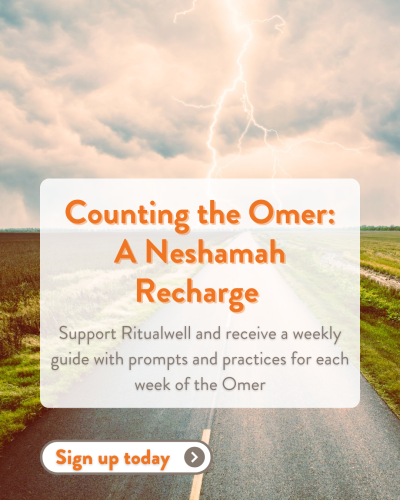Who would have strength
to stand, truth to power –
a tightrope walk
against the wind,
with no net below
except for the hand of God?
Who would walk the road
less traveled, the one of
rocky crags and razor wire?
That curves into a
perilous wood and
still look up with hope?
Who would sing the song
of dissonance when it
is easier – far easier! –
to slip into the stream
and be carried
by its current?
Who would dare
to demand justice,
show mercy,
offer comfort
shout defiantly –
who would love
in the face
of hate?
Puah stood, and Shifra
by her side, choosing life
and the cry of babes over
one man’s harsh decree.
And Miriam, the one of
timbrel and drum,
she danced across a river
and sang a song
of freedom’s call.
Who will stand
now, if not for me?
Who will rise
now and march
now and sing a song
of freedom’s call
now? Who,
if not for me?
Once more, and
yet again
if not now
when?
This post originally appeared on the blog of ReformJudaism.org.












